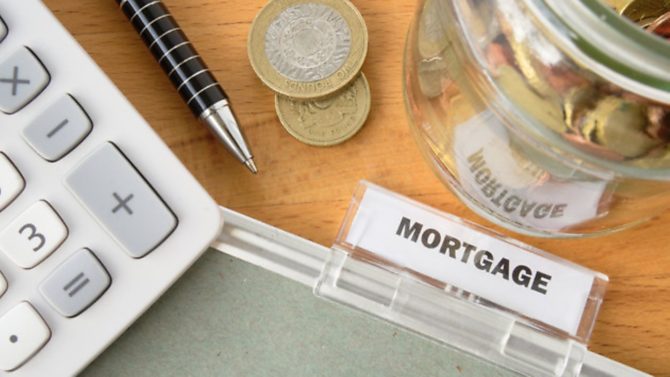How to prepare for your French mortgage application

Don’t lose out on your dream French home because your French mortgage application takes too long, instead find out how to get ahead by preparing your finances and paperwork
1. Start putting aside your bank statements
In order to secure a French mortgage you will have to submit a comprehensive application which essentially consists of documentation related to your current financial situation. Banks in France do not have access to UK credit checks, and so request full disclosure from British borrowers concerning all financial assets, liabilities, income and outgoings, which includes sending them 3 months’ worth of statements for all bank accounts held under your name. Rather than a mad panic trying to locate your bank statements when applying for your mortgage, start putting aside all the financial documents and bank statements that you receive in the coming months.
2. Make sure you don’t go into your overdraft
French banks are very cautious about overdrafts. Such facilities are much less common in France than in the UK, and the use of an overdraft can be looked upon negatively, so think about making sure that your bank statements are in the black and keep them in a healthy condition for the foreseeable future. As you have to provide bank statements dating back over a period of 3 months, be careful how you manage your finances during this period.
____________________________________________________________________
Related articles
What are the differences between French and UK mortgages?
____________________________________________________________________
3. Transfer money into a savings account
Ideally you might also choose to pay into a savings account each month. French lenders will need to see evidence that you have enough savings to put towards the property purchase, which means 15% of the purchase price, plus a further 8% for the combined notaires’ fees. They will also need to check that you are not over-stretching yourself financially so will tend to ask that you have additional funds set aside for your ongoing financial commitments.
4. Start putting aside your payslips
The main affordability check employed by French lenders is known as an applicant’s debt burden. French banks request that a household’s contractual outgoings must not exceed 33% of income on a monthly basis. When the new French mortgage outgoing is taken into account, all contractual payments on loans, mortgages and rent must not exceed this threshold. French lenders will want to see proof of continuing income. If you are employed on a permanent contract and have passed your probation you have to provide your last 3 payslips and a reference from your employer. If you are self-employed you will need to show a consistent level of income over a period of 3 years. If you are retired you will need to provide proof of a pension.
5. Get the rest of your paperwork in order
The one aspect that consistently causes the longest delay during the early stages of a mortgage application is the time taken by applicants to put together their file of paperwork, so get ahead of the game. You will need to submit your financial paperwork to your lender – this includes bank statements, proof of income, ID and proof of current address but every lender has its own specific list of paperwork that is required. This may sound like an arduous task, but the banks are working to make the process quicker and simpler for applicants. Documents are rarely required in their original form, so you can scan and submit the paperwork electronically. Be prepared to answer any questions or provide any additional information required.
____________________________________________________________________
Related articles
Things you need to know about banking in France
Should property buyers be concerned about Brexit?
____________________________________________________________________
6. Open a French bank account
French mortgages must be debited from a bank account held in France so you will have to open a French bank account. Some banks request that you open an account with them as a condition of the mortgage.
7. Get an ‘agreement in principle’
Once you have the financial documentation in place, you will be in the position to apply for a financial pre-approval. This pre-approval, or ‘agreement in principle’, will provide peace of mind for vendors when you go over to France on your viewing trip. Approaching a vendor with the lender’s pre-approval already in hand proves that you are a serious, dependable buyer. As the finds have already been pledged by the lender, in effect it makes you a de facto cash buyer, putting you in the perfect position of strength when you enter into negotiations on the purchase price.
Simon Smallwood is joint managing director of International Private Finance
Share to: Facebook Twitter LinkedIn Email


